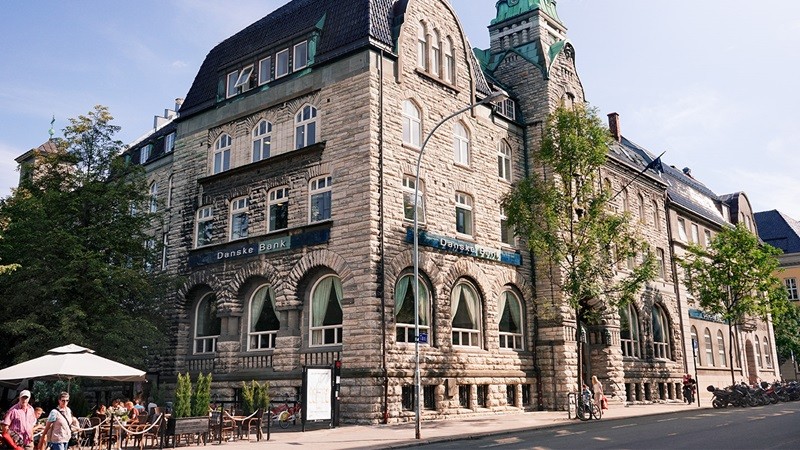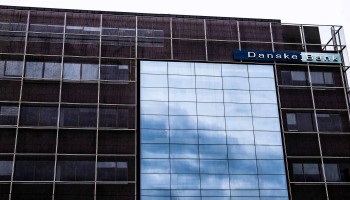The bank’s report prompted widespread political criticism and has propelled the Danish Financial Supervisory Authority (FSA) to revisit a case which it had concluded this May.
The further assessment of the case by the FSA will focus on the management aspects in relation to the rules of the financial regulation as well as other relevant Danish law, said an announcement of the Danish FSA.
“This is a very serious matter, and we are continually considering whether new information will make us reconsider the decision made in May. We will now examine the bank’s investigation carefully in this respect,” Jesper Berg, FSA Director General, said.
On Wednesday Danske released its own report, led by the law firm Bruun & Hjejle and involved some 15,000 customers and 9.5 million payments. It revealed that about US$ 235 billion (€200 billion) from non-resident customers flowed through its Estonian branch between 2007 and 2015. The bank, however, declined to estimate how much of that constituted suspicious transactions.
“It is a complete nonsense,” Edouard Fremault, a partner at Deminor Recovery Services, told the Financial Times. The Brussels-based shareholder rights group was behind lawsuits against carmaker Volkswagen and a call for a special audit of wind turbine marker Vestas.
Fremault added that he considered the investigation was not set up in a way likely to get at the truth.
Thomas Borgen announced his resignation as chief executive of Danske Bank on Wednesday following the scandal, but will remain in his position until a successor is found.
Borgen rejected calls to scale back the business at the heart of one of Europe’s largest money-laundering scandals despite concerns raised at the time by other managers and JPMorgan.
The Organized Crime and Corruption Reporting Project (OCCRP) found that the Estonian branch of Danske Bank, which was named in the Panama Papers investigations, had closed several accounts that had been used by a member of Russian President Vladimir Putin’s family and Russia’s intelligence service to launder huge amounts of money.
Danske Bank Estonia is already implicated in other money-laundering schemes involving billions of dollars from Azerbaijan flowing through the branch, some of which ended up in the pockets of European politicians who had praised the Baku regime, a chronic human rights abuser.
Danske only began its own investigation in December 2017 after it received critical reports from the lender’s board of directors and Bruun & Hjejle, which had previously provided advice to the bank.
“It’s not the end of the story, it’s just the beginning,” said Fremault, who added he is currently discussing with investors a potential for a fresh investigation.
He criticised the lack of information in the report, including whether investigators had access to all top management’s email accounts and whether they relied too heavily on documents provided by the bank itself.
Rasmus Jarlov, Denmark’s business minister, told Bloomberg he estimates Danske would face a fine as big as US$630 million (4 billion kroner) if found guilty.
Jarlov added that foreign authorities are also monitoring Danish banks, and “could open cases.” Criminal investigations into the Danske Bank are also ongoing.






